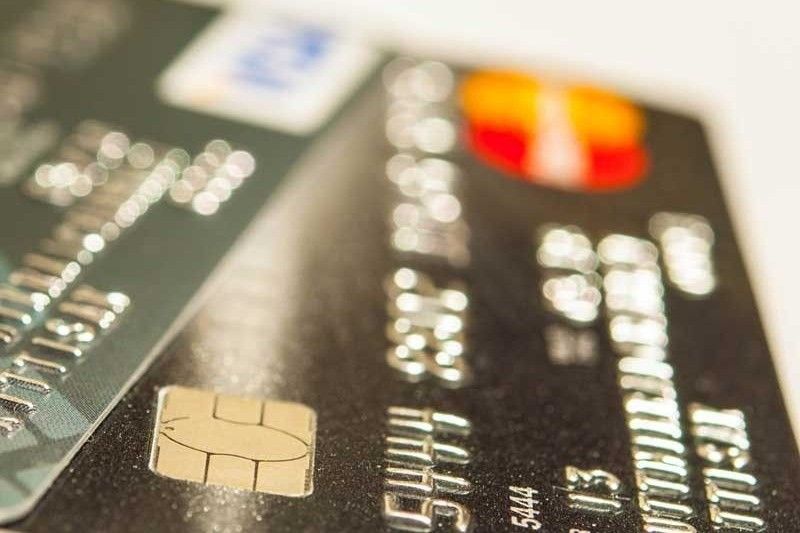Credit card firms back fee cap but flag earnings risk

MANILA, Philippines — Credit card firms backed the central bank’s decision to cap the interest and penalties they charge, but warned doing so risks weighing on their already financially strained balance sheets.
“CCAP, along with Philippine banks and financial institutions, remain supportive of provisions for credit card holders, especially during this uncertain time,” Alex Ilagan, executive director of the Credit Card Association of the Philippines, said in an e-mailed response to queries last week.
“However, the 2% interest rate cap may further compress the interest margins of banks, which are already affected by high levels of credit card delinquency and depressed credit card usage volume,” Ilagan added.
The limit will apply for straight payments and is scheduled to take effect on November 3. For installment payments, a smaller 1% monthly ceiling will be imposed. Both decisions were meant to provide reprieve to borrowers whose ability to pay obligations have been likely hit by the pandemic.
On the part of credit card firms, Chuchi Fonacier, deputy governor at Bangko Sentral ng Pilipinas (BSP), said financial losses from restricting credit card charges “are not expected to significantly impact (the) profitability of credit card issuers.”
“The caps do not constitute a major shift away from market rates. It generally approximates average interest rates currently imposed by major credit card players,” she said in a text message.
Citing BSP data, Fonacier said even during the health crisis, banks’ net interest margin— a measure of earnings— rose to 3.9% in the first semester this year, up from 3.6% same period a year ago. That said, she added the impending cap on credit card charges will be reviewed “every 6 months” to gauge its “reasonableness.”
“We expect credit card companies to reassess their business strategies and streamline operations to be able to continue serving their customers and market niche through affordable credit card pricing under the new economy arrangements,” Fonacier said.
Since February, BSP has brought benchmark interest rates, where lenders based their charges for loans, to record-lows in a bid to encourage borrowers to source credit and drive economic activity. Banks, many of which are credit card issuers, meanwhile have grown more hesitant to lend out during these hard times for fears they would have difficulty earning their money back.
Such feared scenario is already happening. CCAP data showed that from just 3.96% as of end-2019, unpaid credit charges rose nearly three times to 10.5% as of August. Separate data showed credit card billings likewise sank 27% year-on-year to P415 million as of July.
“The high unemployment rate, as well as the loss of livelihood for self-employed individuals and small business owners took its toll on the credit card industry,” Ilagan said in a statement last week.
For her part, Fonacier said the upcoming holiday season, when consumer demand typically pick up, is expected to drive up lending, including credit card receivables. “The low interest rate environment also provides credit card issuers with some headroom to adjust credit card rates due to lower funding costs,” she said.
- Latest
- Trending




























